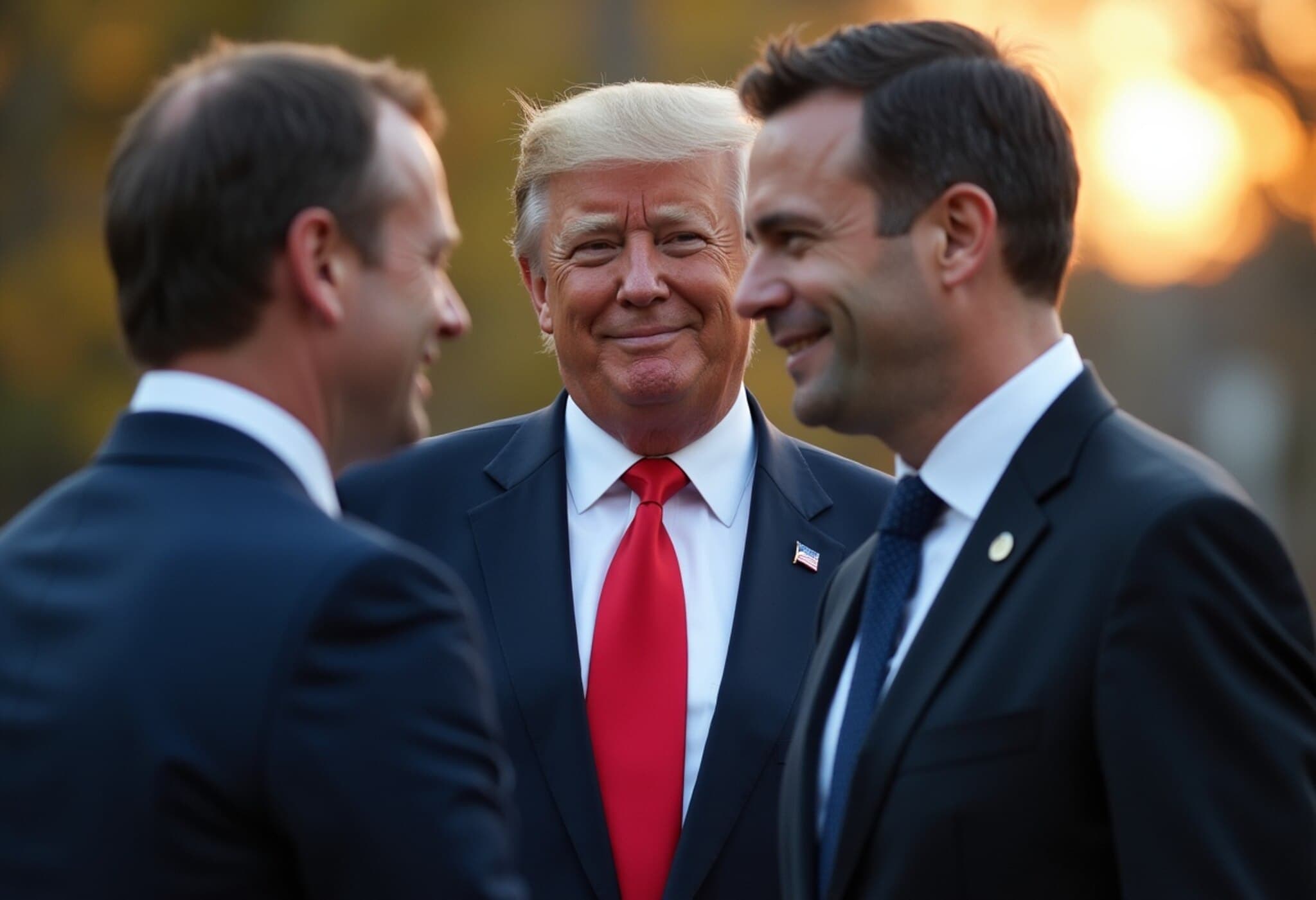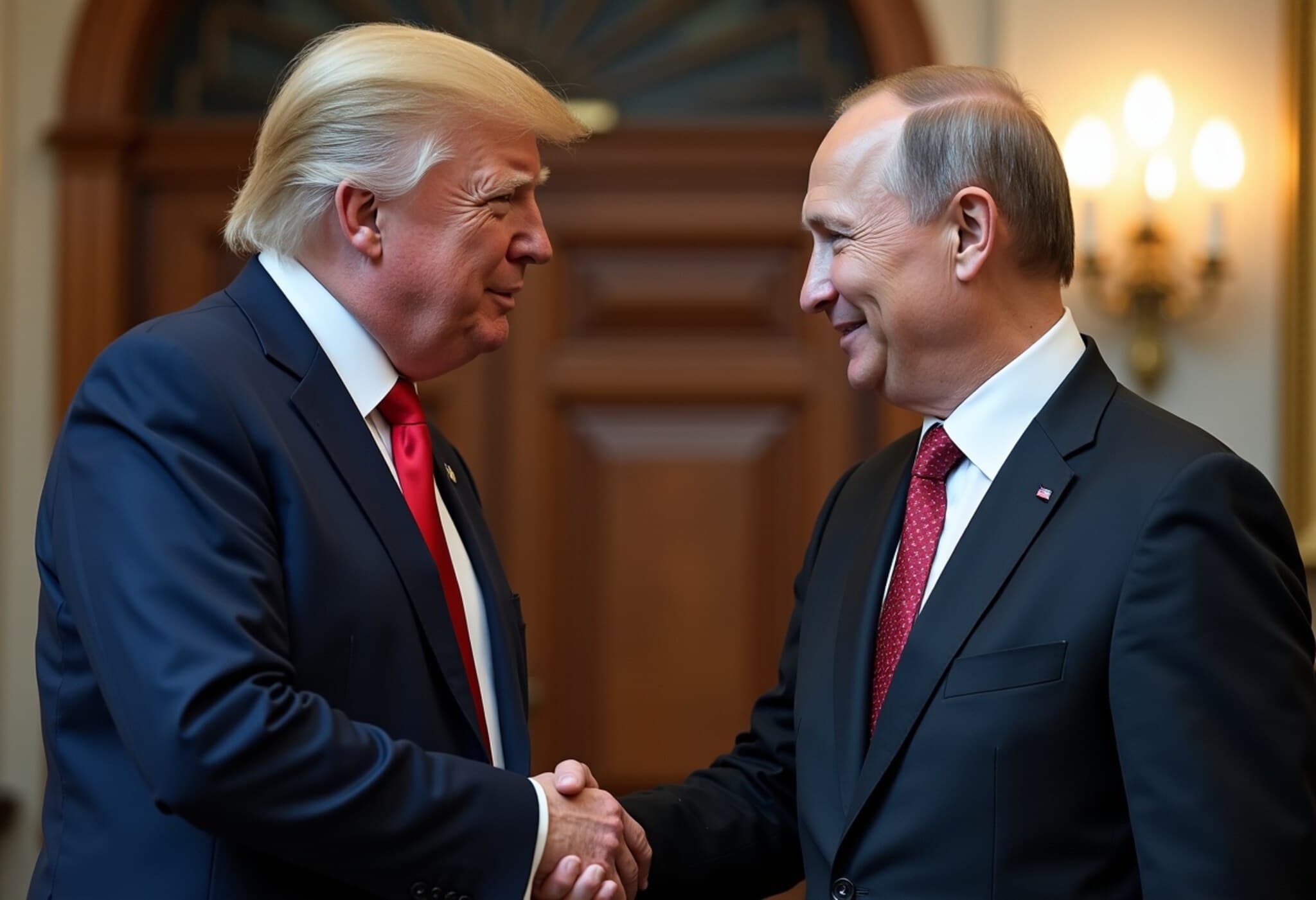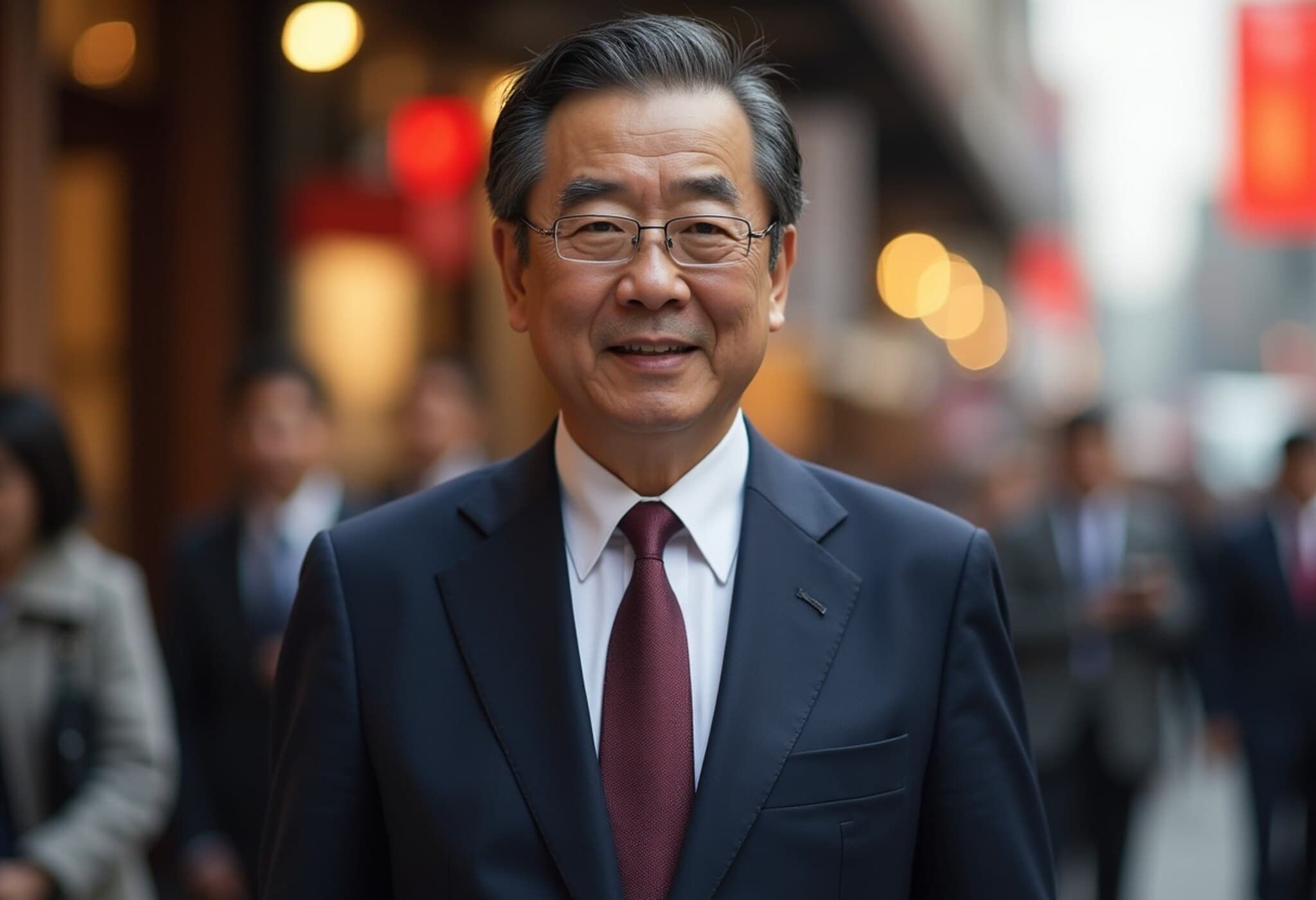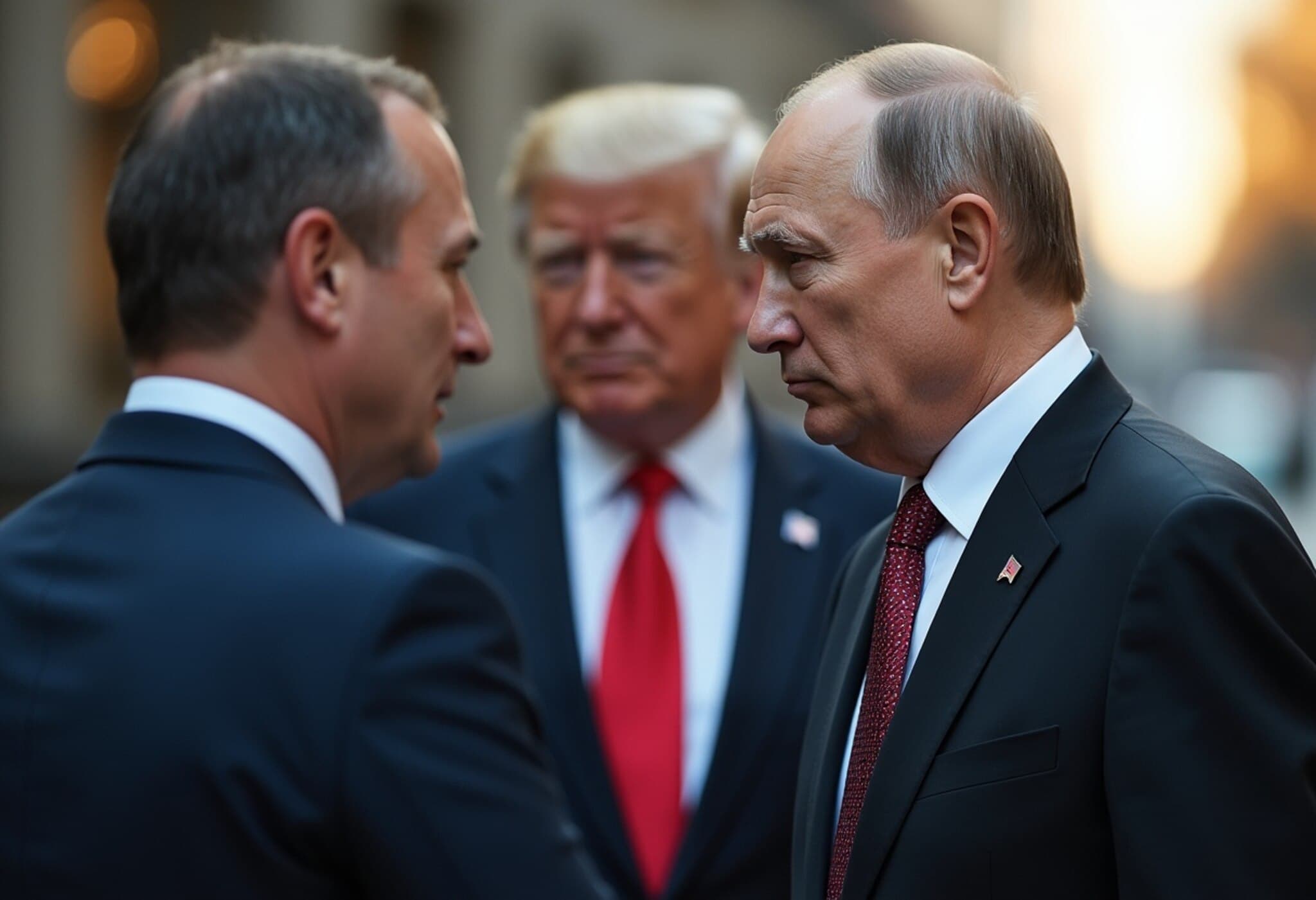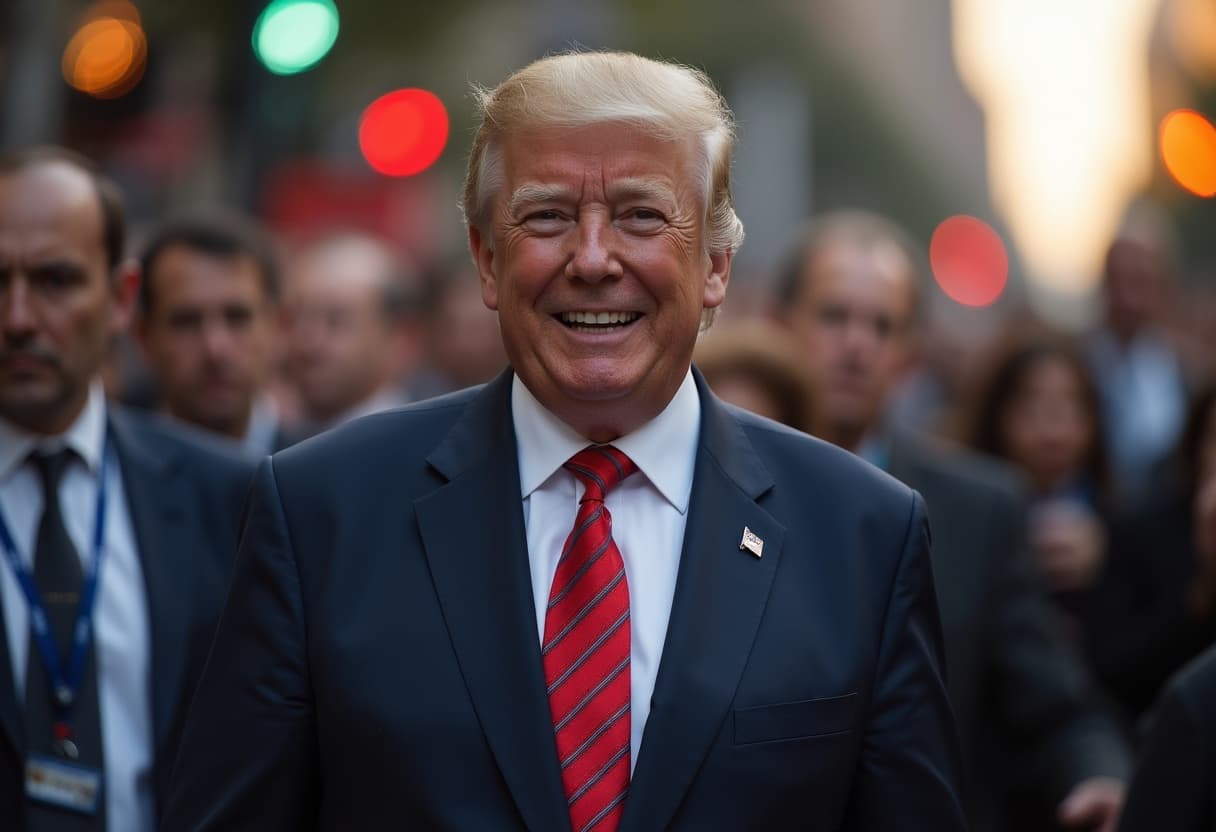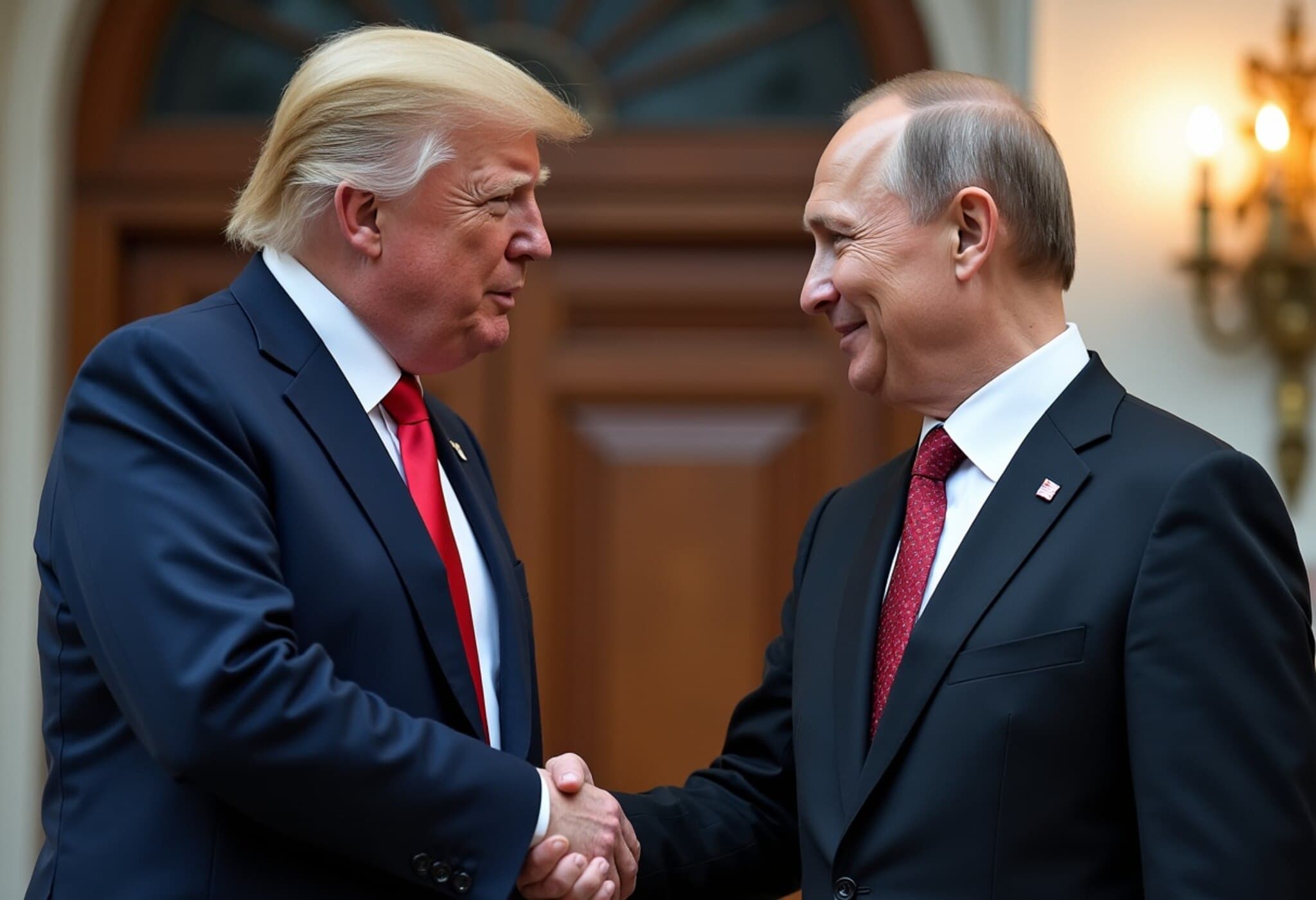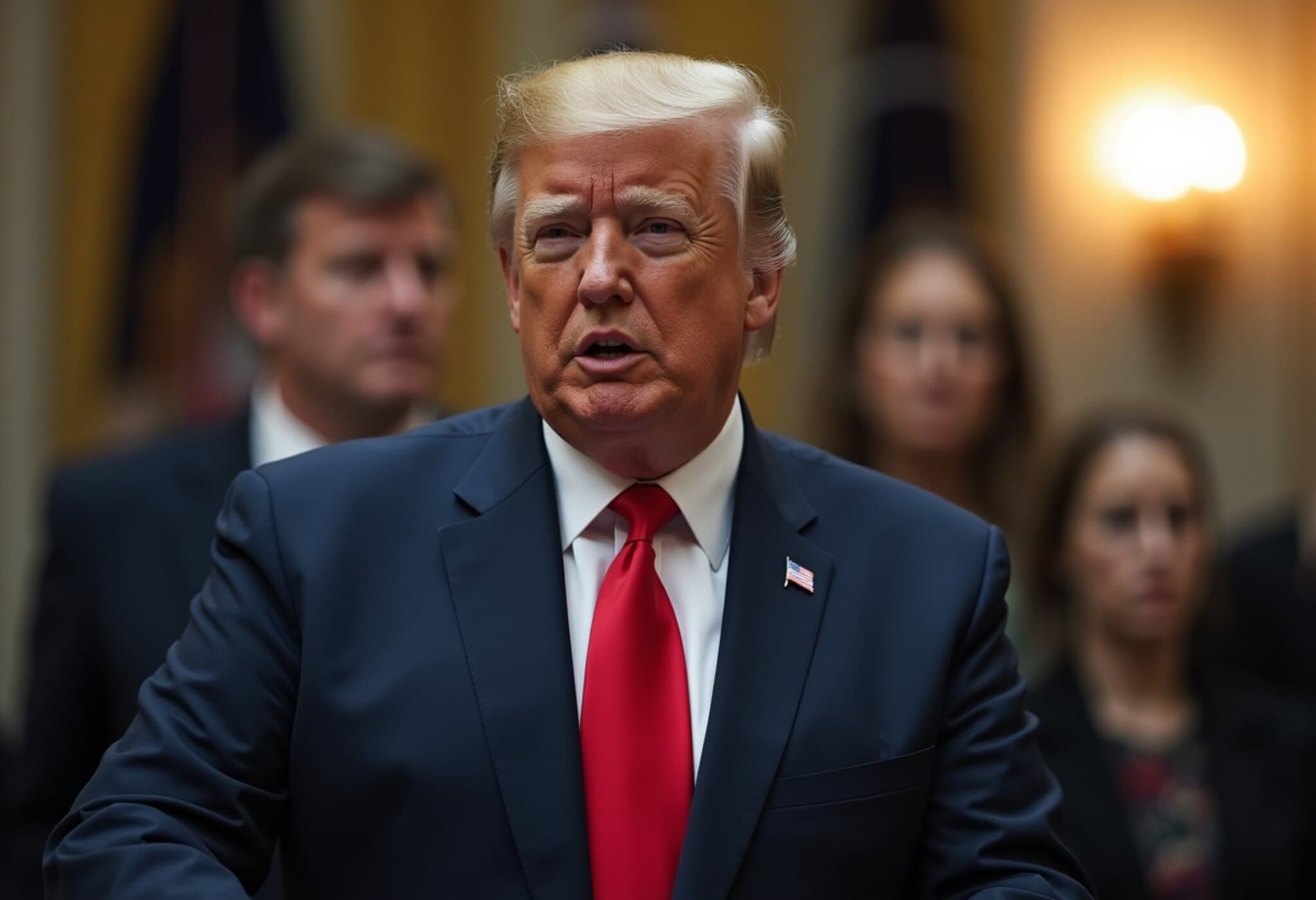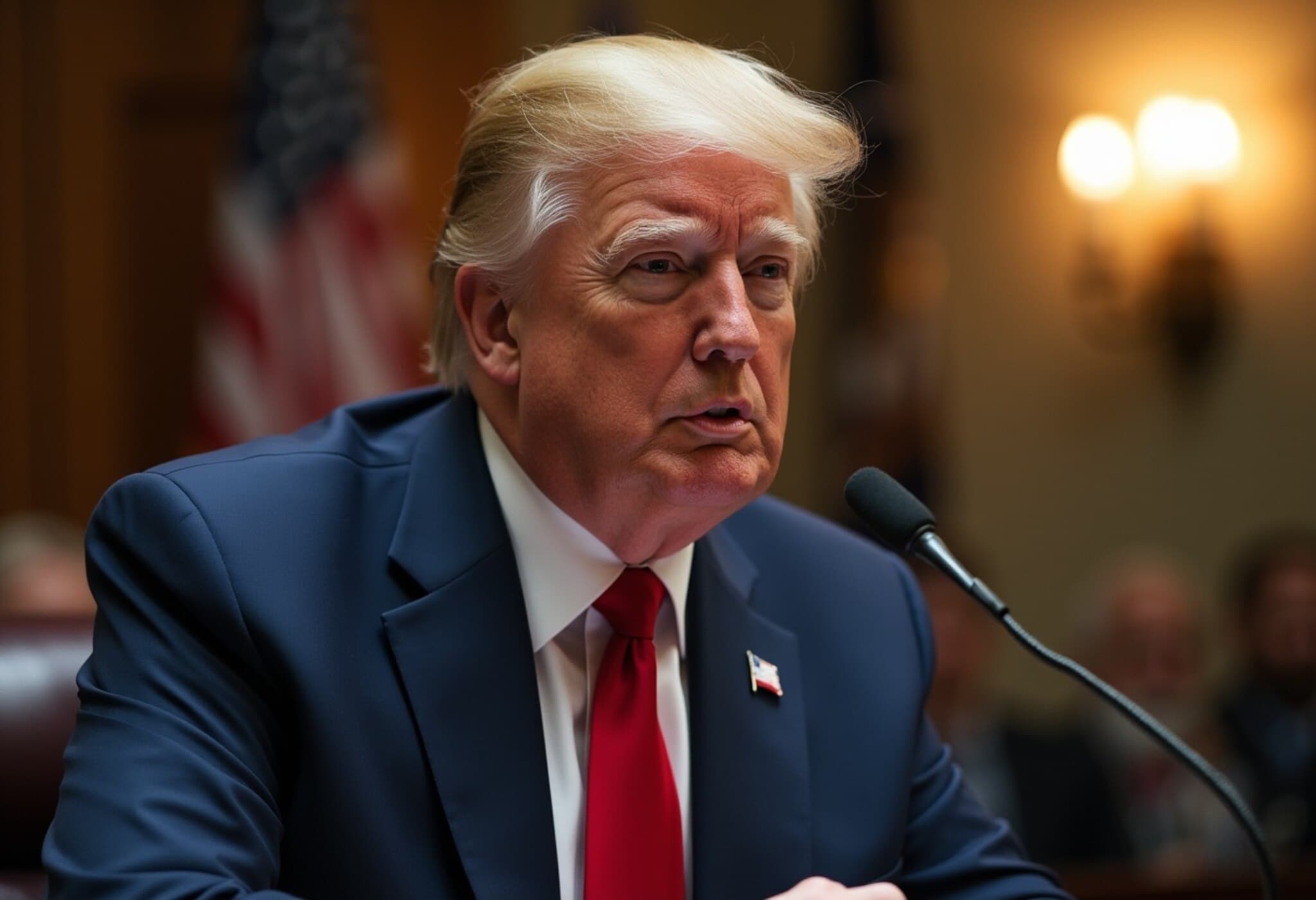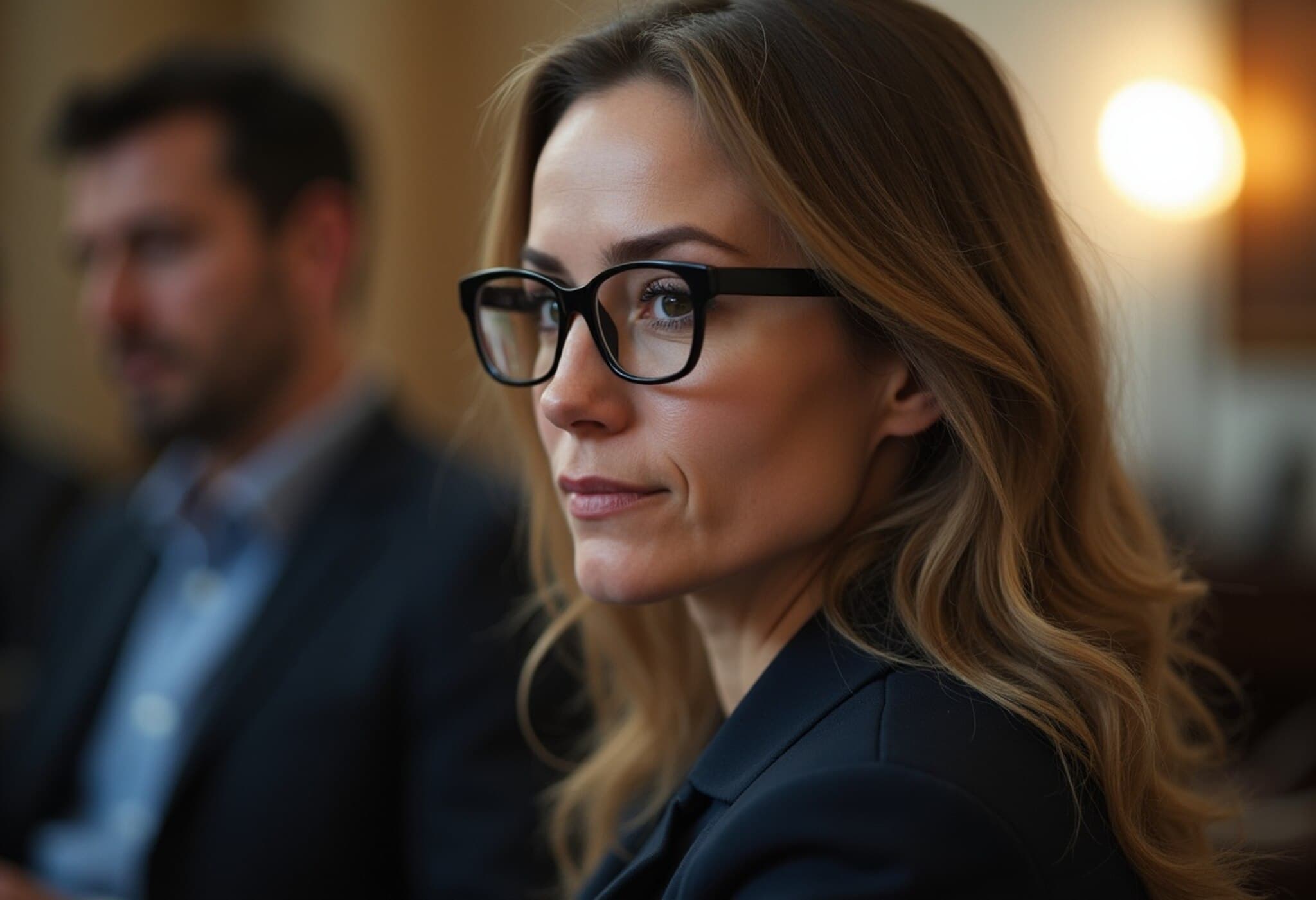Ghislaine Maxwell Engages with Justice Department as Epstein Files Stir Political Turmoil
Ghislaine Maxwell, the former British socialite convicted for her role in Jeffrey Epstein's sex trafficking ring, is poised to meet with senior U.S. Justice Department officials to potentially provide new information in the ongoing Epstein investigation. This development emerges amid intense political pressure and heightened public scrutiny surrounding the high-profile case.
Details of Upcoming Meeting and Legal Context
Deputy Attorney General Todd Blanche, a former legal counsel for former President Donald Trump, confirmed he has initiated talks with Maxwell’s attorney to arrange a meeting in the coming days. Maxwell’s legal representative, David Oscar Markus, corroborated that discussions are underway and assured Maxwell’s commitment to testify truthfully.
This meeting could signify a critical turn in a saga that has captivated the nation for over half a decade, particularly as it raises questions about whether Maxwell holds further insights implicating other individuals involved in the sex trafficking network.
The Trump Connection and Political Underpinnings
Images and social media chatter have historically linked Maxwell and Epstein with figures such as Donald Trump and Melania Trump, sparking widespread speculation about the former president's connections to Epstein’s circle. While Trump denies any involvement or knowledge of Epstein’s criminal activities—and maintains that he and Epstein parted ways in the early 2000s—pressure from his political base has intensified amid calls to release remaining investigation records.
Many supporters aligned with Trump’s "Make America Great Again" movement suspect that prominent Democrats and liberal elites could be implicated, fueling demands for full transparency. The Justice Department and FBI’s reluctance to release additional documents, citing privacy and ongoing investigative concerns, has added fuel to the fire, with some conspiracy theories concerning Epstein’s 2019 jail death persisting despite official findings ruling it a suicide.
Justice Department’s Stand and the Pursuit of Truth
In a recent statement, Deputy Attorney General Blanche emphasized that, while no new evidence has thus far warranted investigations of additional individuals beyond those already charged, the Department of Justice remains committed to pursuing justice wherever facts lead. He wrote publicly on X (formerly Twitter) that if Maxwell possesses incriminating information about other criminal actors, the DOJ and FBI are prepared to listen.
Legislative Maneuvers and the Release of Epstein Files
Meanwhile, in Washington, Republican House leadership controversially decided to expedite the congressional summer recess, effectively postponing votes on motions advocating the release of Epstein-related files. Speaker Mike Johnson expressed support for transparency but underscored the need to carefully protect victims' privacy during disclosure.
Johnson accused Democrats of using procedural tactics for political gain, reminding the public that the Democratic Party previously controlled the Department of Justice and had access to these files but chose not to release them. This remark alludes to broader partisan battles in an already deeply polarized political environment.
Efforts to Subpoena Maxwell and Calls for Accountability
The House Oversight Committee, led by Republican Congressman Tim Burchett, voted to subpoena Maxwell for a deposition from jail. Burchett described Maxwell as "the last one standing" with critical knowledge, suggesting urgency in acquiring her testimony before any untimely events occur.
Public Figures and Legal Battles Stirring the Epstein Narrative
Adding to the tumult, former President Trump is actively disputing a recent Wall Street Journal report alleging he authored a personal note to Epstein for his 50th birthday, accompanied by a controversial drawing. Trump denies authoring the note or drawing and has initiated a $10 billion lawsuit against the newspaper.
These disputes reflect the ongoing complexity and fragmentation of narratives surrounding Epstein's network and its far-reaching connections.
Expert Analysis and Broader Implications
The Maxwell case illustrates the challenging intersection of criminal justice, political theater, and media influence. Experts in legal policy and political science highlight several critical themes:
- The Fragility of Witness Cooperation: Maxwell’s potential willingness to cooperate hinges on negotiation dynamics, including possible deals or immunity, which raise ethical and legal questions.
- Impact on Justice System Credibility: The intense politicization risks undermining public confidence in impartial investigations, especially when partisan agendas dominate discourse.
- Victims’ Rights vs. Public Interest: Balancing transparency with the safeguarding of survivors’ privacy poses ongoing challenges for lawmakers and prosecutors.
- Information Control in High-Stakes Cases: The strategic withholding or release of sensitive documents shapes public perception and political leverage.
Summary and Outlook
The upcoming interactions between Ghislaine Maxwell and Justice Department officials could be pivotal in unveiling new facets of the Epstein scandal. However, the surrounding political turbulence and media skirmishes underscore the complexities that accompany such high-profile investigations. As lawmakers defer action and public pressure mounts, questions about transparency, accountability, and justice remain more pressing than ever.
Editor’s Note:
The Maxwell-Epstein case exemplifies how legal proceedings can become entangled with political strategy and media narratives, potentially influencing justice outcomes. Readers should stay mindful of the evolving evidence and the critical need for transparency balanced with fairness. Will Maxwell’s cooperation shift the narrative, and can the justice system navigate the intersection of truth, politics, and victim protection? Only time will tell.



